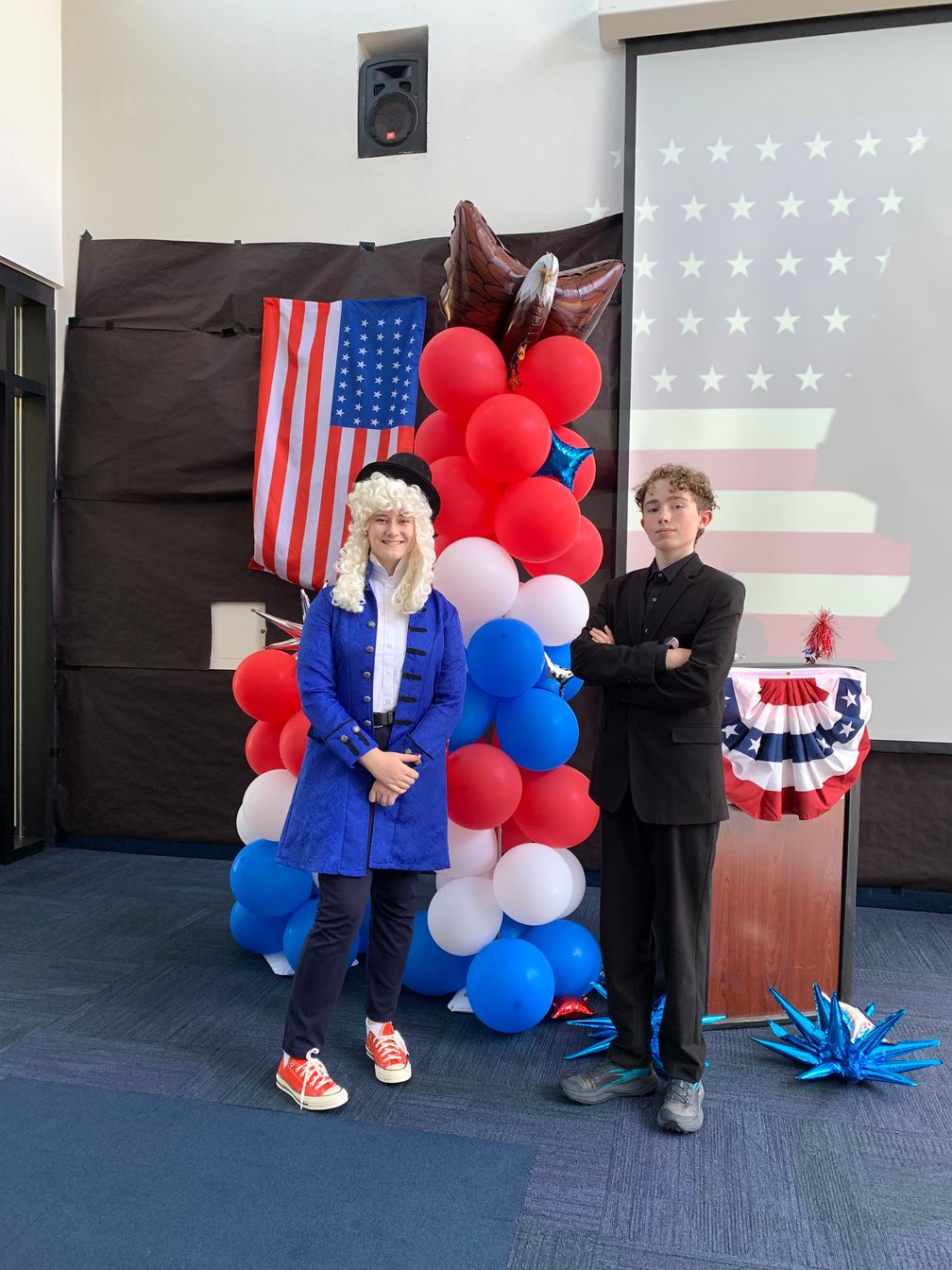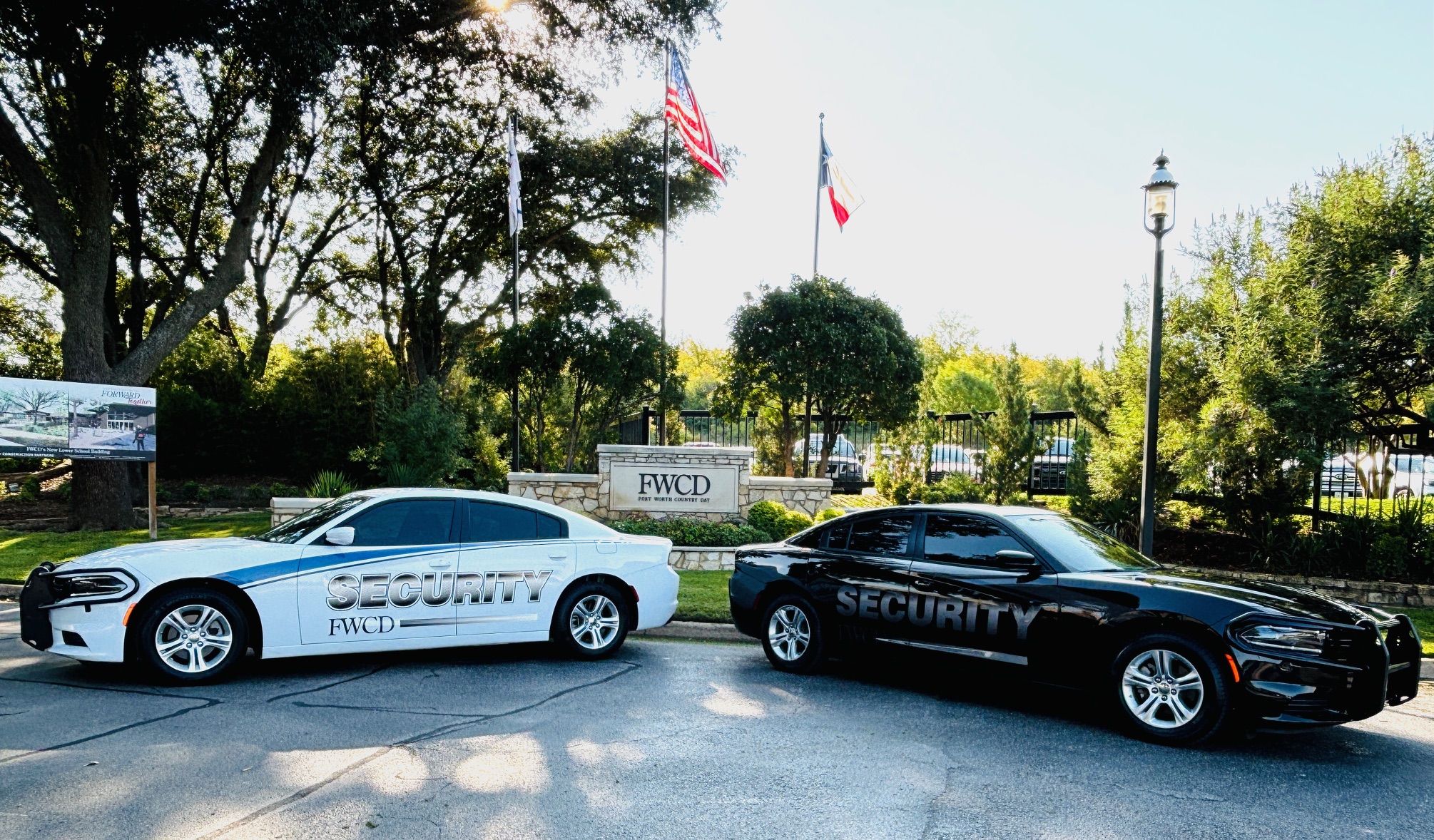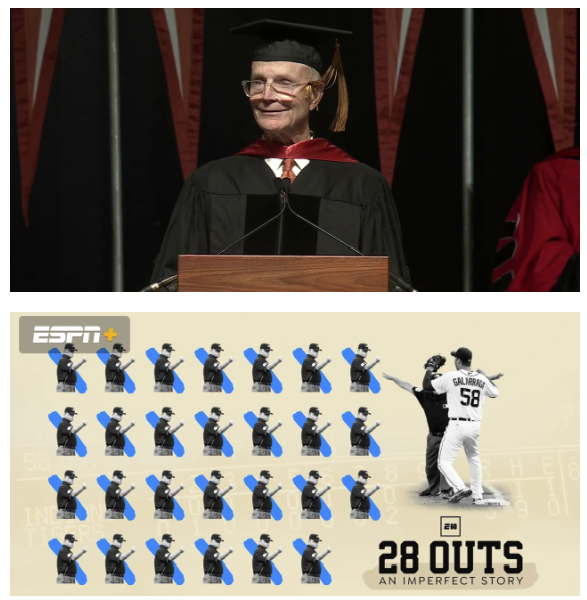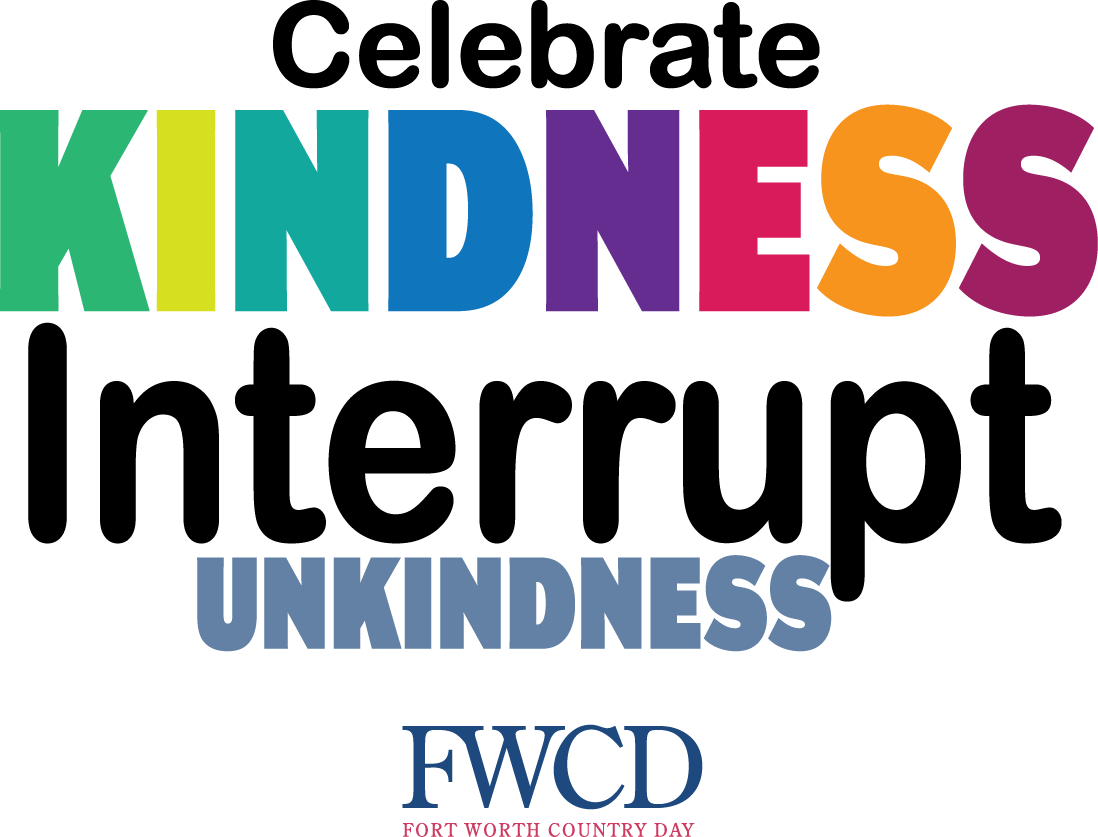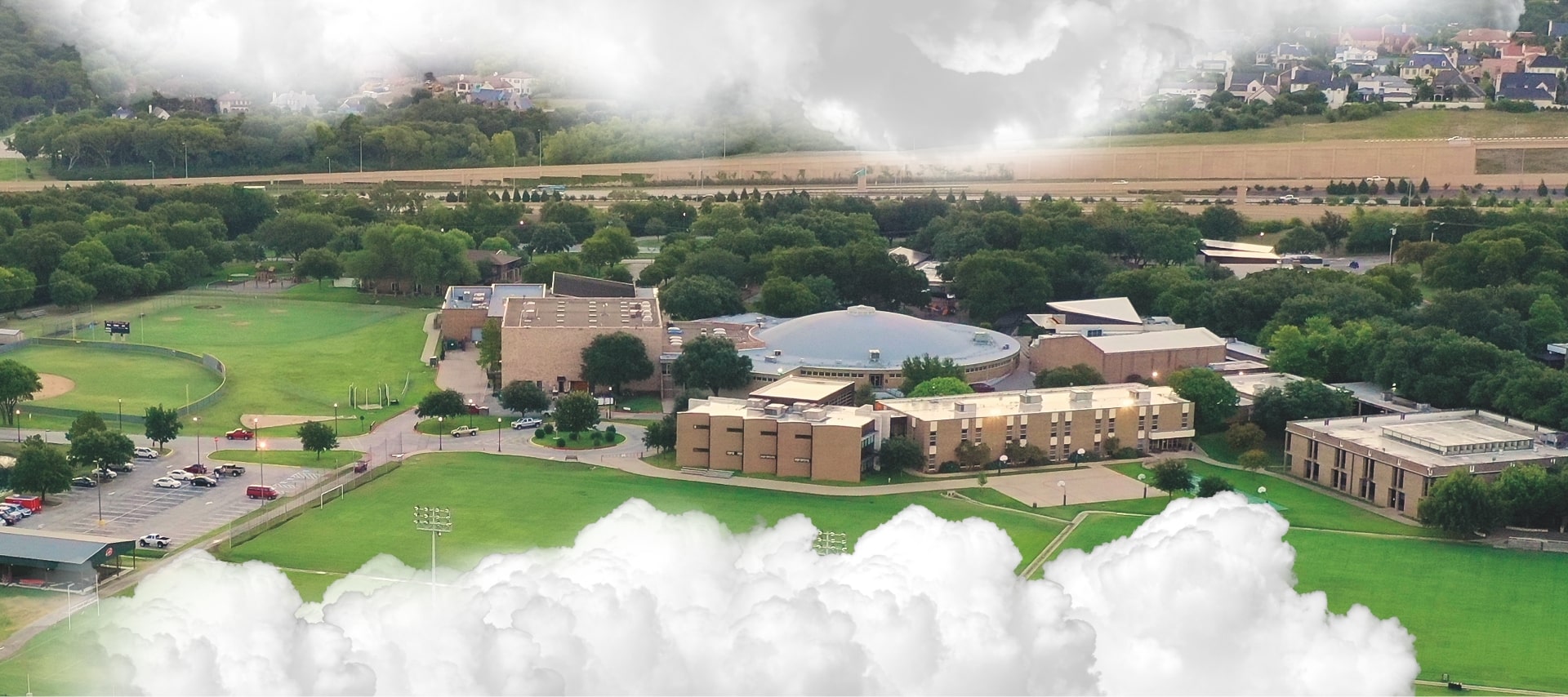White Whale Reading Club, Mesa Espanola and The Bike Bus: The Immense Value of Upper, Middle and Low

The most important work we do preparing our students for college occurs in our classrooms and shows up in our official curriculum. That said, there is crucial magic that occurs beyond those official teachings. Much of this magic is about preparing our students for life after college, for being lifelong, curious and invested learners.
Three groups I watched in action this last week of October demonstrated some of that magic.
In Upper School, English Teacher Daniel Lancaster convened the 10th-annual White Whale Reading Club to start in on their collective reading of Dostoevsky’s The Brothers Karamazov. I mention this club fairly often in my Notes. I am so proud to be a part of a community where teachers and students look for opportunities to continue their learning well beyond the assignments. The WWRC is entirely voluntary; no grading is ever be involved. To start the year, the club gathered some 25 students from grades 9-12 and another five to seven teachers to propose and debate potential “club” reading and then to start reading. This year’s selection had some tough competition, from Hugo’s Les Miserables to Homer’s The Iliad.
I was maybe even giddy to be with the students as they proposed and debated possible reads. More than one student spoke of how cool it would be to carry this or that heavy and famous book around. That’s right, we have students who embrace scholarly pursuits outside the classroom, and we have teachers who join in (and facilitate, thank you, Daniel). While learning definitely occurs without books, the learning that focuses on books, fiction and nonfiction remains essential to us all, whether a teacher assigned the reading or we picked it ourselves.
In Middle School, the beyond-the-curriculum learning on my mind from last week came from Senora Angeles Casanova’s Spanish-speaking club. Students in the club make announcements of the eighth grade’s Mesa Espanola in weekly assemblies. Like the White Whale Reading Club, Mesa Espanola meets during a common free time with the goal of immersing themselves in the Spanish language.
Mesa Espanola’s session last week involved a special guest from Segovia, Spain. The kids were so excited to hear the Castilian accent in its native form, a gift from Señor Chema Martin, who visited campus Friday to share stories of his hometown and of the month-long immersion program his father began decades ago. Our kids likely did not understand every word of Sr. Martin’s Spanish, but they understood a lot, and they loved it. The students’ desire to try to speak and hear as much Spanish as possible was palpable as they leaned in, literally, and asked and answered questions. This was another example of community members embracing the chance to take the learning beyond what our classroom might provide. Each of the 20 children present was feeding a budding interest. How many of the students in the group will become passionate about being able to speak Spanish fluently and will want to spend time living in a Spanish-speaking country?
In the Lower School, the initiative began with parents Brittnee and Rob Freund sent out a note to their fellow kindergarteners and third grade parents referencing an initiative attributed to someone in Oregon getting students and parents riding their bikes to school in a pack. We have had any number of takers in the “Bike Bus’s” first few Fridays, so much so that, on Bike Bus Day, we have to delay car traffic for a couple of minutes while we make space for the bike riders and their parents. Will we need a bike rack for the new Lower School building? What a fabulous reason for a campus “traffic jam.” What a great cause for families to be supporting.
Extra books, additional time speaking Spanish or riding bikes, the list is exceptional: The beyond the classroom and non-academic initiatives from our faculty, students and parents will continue to be markers of our school’s excellence, of our community’s drive, and of our lifelong learning ethos. We won’t stop bragging about scholarship dollars earned for college or awards, but we should all be noting the exceptional energy FWCD brings to the “co-curricular” life of our students as well.




.png)
